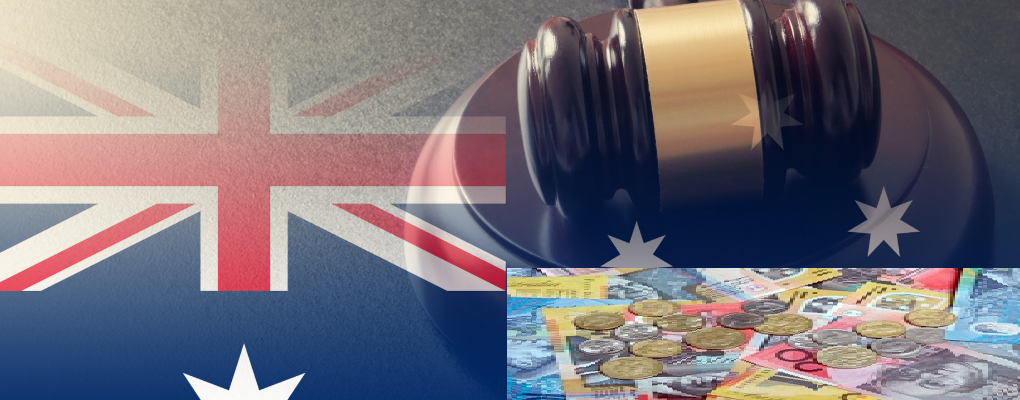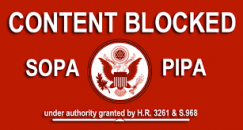
Australia has been seduced by creeping authoritarianism – and its citizens need to wake up.
In the struggle for democratic freedoms, we need to ensure that rights apply to everyone – for, if they don’t, they’ll soon apply to none.
Australia’s current judicial regime allows content owners to obtain an order from the Federal Court ordering ISPs to block access to foreign-hosted websites
As the current copyright laws stand, nearly everything an Australian shares on the Internet is considered illegal. According to section 132A part 2 of the Australian Copyright Act, “distributing an infringing article that prejudicially affects the copyright owner” is against the law. What this means is that millions of Australians are breaking the law every day each time they post or share something on Twitter, Facebook, YouTube, etc. that isn’t their original work. For example, if a friend of yours were to post a picture that they took of you and your friends on Facebook, it would be illegal for you to also post it. Even the simple act of creating a meme with a picture that isn’t yours is illegal.
What is even crazier than the copyright laws themselves is the punishment attached with them. Doing something as harmless as sharing a YouTube video could get a person five years in jail and a fine of $93,500. While these penalties are rarely enforced, the fact in the matter is that the law still stands. This is what the ADA is fighting against. If the opportunity to break these copyright laws is so readily available and the government is not going to enforce them, why don’t they just alter the laws to make them fairer? The ADA is looking for a fair use provision to be added to the laws that would allow people to share and copy other people’s works so long as they don’t harm the copyright owner in any way. The Australian government will conclude their review in February and it is widely believed that the ADA may receive their wish.
Australia has more national security laws than any other nation. It is also the only liberal democracy lacking a Charter of Human Rights that would protect media freedom through, for example, rights to free speech and privacy.
In this context, journalists are in a precarious position – particularly journalists engaged in public interest journalism. This journalism is vital to government accountability and a vibrant democracy, but has a tense relationship with Australia’s national interests as conceived by government.
National security law has severely undercut source confidentiality by increasing and easing data surveillance. National security laws have also criminalised a wide array of conduct related to the handling of sensitive government information, both by government officers and the general public.
And these laws are just a few parts of a much larger national security framework that includes: control orders, preventative detention orders, ASIO questioning and detention warrants, secret evidence, and offences of espionage, foreign interference, advocating or supporting terrorism, and more.
JIWs, and the inclusion of a journalism defence to the secrecy offence, recognise the importance of a free press. However, each of these protections relies on a public interest test. When government claims of national security and the integrity of classifications is weighed into this balance, it is difficult to see how other interests might provide an effective counterbalance.
One of the most disturbing outcomes is not prosecutions or even the raids themselves, but the chilling of public interest journalism. Sources are less likely to come forward, facing risk to themselves and a high likelihood of identification by government agencies. And journalists are less likely to run stories, knowing the risks posed to their sources and perhaps even to themselves.
Against this background, the calls for a Media Freedom Act, such as by the Alliance for Journalists’ Freedom, have gained significant traction. It may take this kind of bold statement to cut across the complexities of individual laws and both recognise and protect the basic freedom of the press and the future of public interest journalism in Australia.






